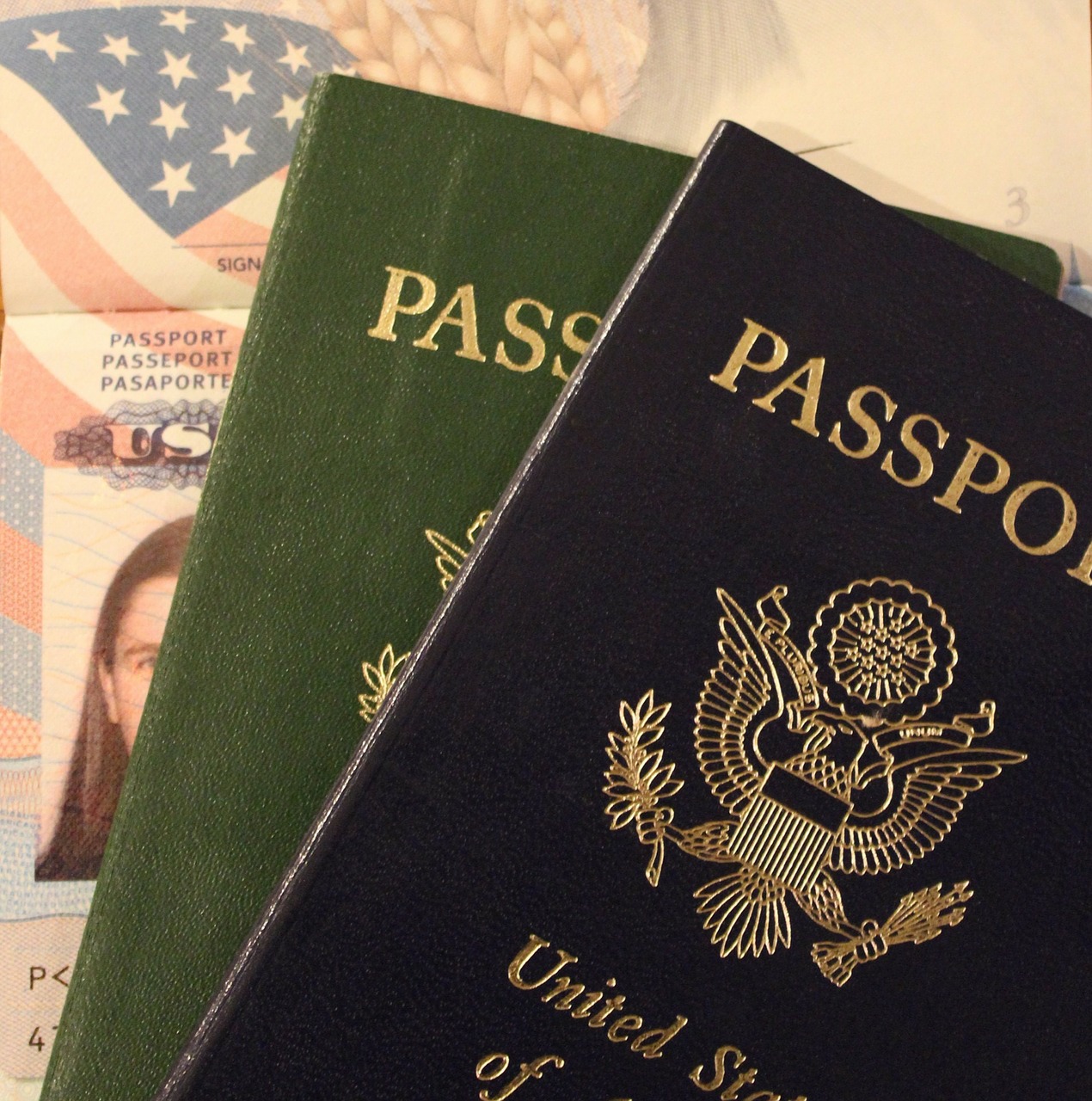July 9, 2013
Faith and integration. Starting today, in private homes and mosques in via Corsica and in via Volta. One month of great celebrations but also of “abstentions” says Bar Abdoulaye Diouf, a 28 year resident of Italy: “I would like the mayor to give us best wishes, as in Senegal”
“I wish a happy Ramadan to the whole Islamic community of Brescia and launch a message of peace and serenity to the Christian Brothers, to overcome this difficult time of crisis.” Saar Abderrazak from Tunisia, who has been in Italy for 26 years, began his Ramadan, the holy month for Muslims, during which the faithful are obliged to abstain from food and drink and sexual activities from dawn to dusk. Ramadan is one of the five pillars of Islam and is traditionally observed in Brescia, where there are 48.6 percent Muslims and 38.1 percent Christians (between Orthodox and other rites), 2.2 percent Buddhists, the 1.4 percent Hindus, .7 percent Sikhs and 2.6 percent non-believers.
Percentages come from the 12th report on immigration in Lombardy, debunking the idea of the alleged “Islamic invasion,” because the faithful of Allah are only 10 percent more than the faithful of Christ. The city has had historically high immigration. Slowly Brescia is getting used to, if not fully accepting, Ramadan the feast and sacrifice, the moment of spiritual elevation and solidarity, as it was at one time, for Christmas. Comparison is not risky, since both religions, if genuinely understood; convey messages of peace and love, even for those who do not believe. And comparing Ramadan and Christmas is not risky from the point of view of tradition: both parties provide opportunities for sharing of food, gifts, affections, as well as traditional dishes which are specially cooked during holy times. The main difference is in the period, Christmas is always celebrated at the same time (but it does change for the Orthodox) whereas Ramadan changes each year, because the Muslim calendar refers to the lunar cycle.
BRESCIA observes today the beginning of this feast, which for Muslims holds a deep sense of faith and spirituality, this is obviously different from the way they lived in their own homeland, where all (or almost all) follow the precepts of Ramadan. “The ugly part of Ramadan in Brescia is when people continue to ask annoying questions and when they do not understand why I do not eat and do not drink, and so, I always have to justify myself” explains Ak-ram Harrane, who has been in our city after being born and raised in Morocco. In Brescia, Harrane spends Ramadan with family, sometimes with other Muslim friends, especially in the last days of the month, when the final party is approaching, Eid el Fitr, which in some country lasts three days. Of course, in Italy Ramadan has another flavor: Iftar for example, the daily breaking of the fast at sunset for Muslims from all backgrounds from Bangladesh to Palestine – the ritual includes eating dates and drinking sweet syrup as the first action just after the prayer.
Monia Ali knows the differences well, a college student with a Sicilian mother and a Tunisian father: “The best thing about Ramadan is to be with the family, the sharing of the hardest times of the day and the smiles we exchange when it finally comes time for dinner. The half-hour before eating is the most fun… In Tunisia, Ramadan is magical, I live with more enthusiasm with my cousins and my relatives and we are closely linked. In Brescia is not the same thing because it’s just me and my father and it’s not the same effect: the air is different, the sky is different and there is no contact with nature and the earth.”






